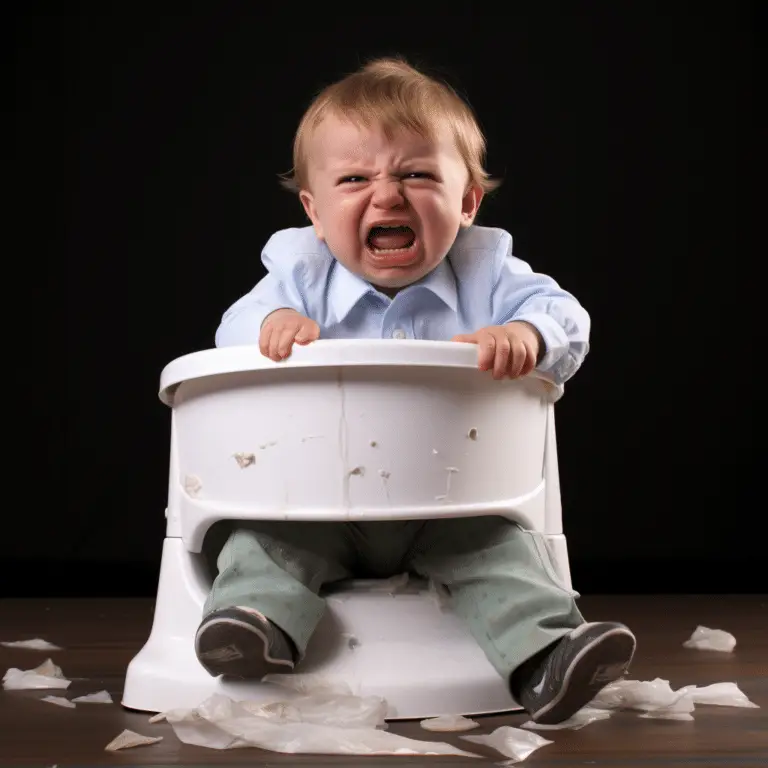Diluting Breast Milk: Unveiling Myths and Facts
Breast milk is a highly nutritious food for an infant. It is mainly composed of water, with significant amounts of proteins, minerals, vitamins, and antibodies. The World Health Organization recommends that babies be exclusively breastfeed for the first six months of life and then continue breastfeeding with complementary foods until the end of the first year.
However, one question remains a mystery to most mothers. And this question is whether they can dilute their breast milk when certain circumstances call for it. Basically, there’s a lot of misinformation floating around about the effects of adding water to breast milk.
We aim to settle this and many questions arising from this controversy, so keep reading.

Adding Water to Breast Milk or Formula
Basically, what do you think lures mothers to the extent of diluting their breast milk? It could be because of any of the following.
- Many parents think that by doing so, they will make their child feel fuller and therefore put less weight on their child. This is not true, of course. Instead, adding too much water will dilute the nutrients in a baby’s diet and make them more susceptible to illness.
- They forgot to pump enough milk between feeds and are trying to make up by adding water.
However, here are the facts and our stance on this controversial topic. Ideally, water is a critical component of your baby’s diet. So yes, water is good for your baby’s health, but in this case, breast milk will serve this purpose effectively. It contains a large percentage of soluble water which the baby’s digestive system can easily absorb.
So, you should never try adding more unprocessed water to the breast milk simply because this water will contain sodium, which may disrupt the balance of electrolytes in your baby’s body and the breast milk.
However, as your baby grows and gains weight, they will drink more than just breast milk or formula. So definitely, they will need to drink water and other relevant fluids. You will therefore need to train them to drink water in low quantities until they are used to normal consumption.
Why You Should Not Add Water to Breast Milk
There has been a lot of controversy around adding water to breast milk. Some say that it is an effective way to increase the volume of breast milk, while others regard it as malpractice. However, as per many health organizations, the latter is to some point correct when you refer to recently reported incidents of toddler death due to breast milk dilution, especially in the United States.
The controversy has escalated to murder trials in cases where breast milk dilution led to the death of toddlers. That aside, here is why you should not add water to breast milk:
Breast milk is meant to be fed to your baby. It contains all the nutrients and antibodies your baby needs to grow healthy. So, adding water or other substances to breast milk could cause serious problems for babies, including diarrhea and dehydration.
In addition to being harmful, adding water to breast milk can also interfere with its nutritional value. The proteins in breast milk are designed to break down when they reach your baby’s digestive system, so adding too much water may cause them not to break down properly and leave your baby with a protein overload in their bloodstream.
The same is true with the concentration of vitamins and minerals in breast milk. Water will definitely dilute the mineral and vitamin concentration interfering with digestion and immune response.
Basically, the digestive system relies on adequate amounts of sodium and chloride in breast milk to function properly. So, adding water automatically will reduce the amount of these electrolytes in breast milk, resulting in digestive issues such as diarrhea or constipation.
So, at all costs, you should avoid adding water to breast milk since it may at long last prove dangerous.
When Your Baby Can Have Water
As discussed above, you can clearly see water’s impact on your toddler’s life. So, you have to be careful when introducing it to your infant.
Typically, the age at which your baby can have water is a highly individualized decision. Babies are born with a gastric or intestinal system that allows them to digest food and drink through the umbilical cord safely, but it’s not until about six months old that their bodies are ready for solid foods.
So, if you’re breastfeeding and have recently weaned your baby off the breast, he might not be ready yet. However, asking your pediatrician if your baby can have water is a good way to determine whether he’s ready for solid food or not. Yet, there may be other signs that can suggest when your little is ready for water or other solids intake:
- Your child has developed new skills such as rolling over, sitting up unsupported, and crawling without help from you or others in the household.
- Your child has gained weight steadily over several weeks or months without gaining too much weight too quickly (no more than 1 pound per week).
- Your child has reached at least 20 inches (50 centimeters) tall. This means that he may be able to sit up without support from his hands or knees.
All in all, the American Academy of Pediatrics recommends that babies between six and 12 months old be given 1-2 oz of water at mealtimes. They should continue drinking this amount until they are one year old, receiving 8 oz of water daily.

Bottom Line
The composition of breast milk is carefully calculated to meet the nutritional needs of a growing infant. Adding water could change its chemical composition, affecting the baby’s ability to absorb it.
Furthermore, breast milk contains antibodies that protect babies from disease. Adding water could eliminate these protective properties, making the baby more susceptible to illness. The same is true with baby formulas; it is never a good idea. It will result in a watery mixture that doesn’t have the nutrients and calories the baby needs.





